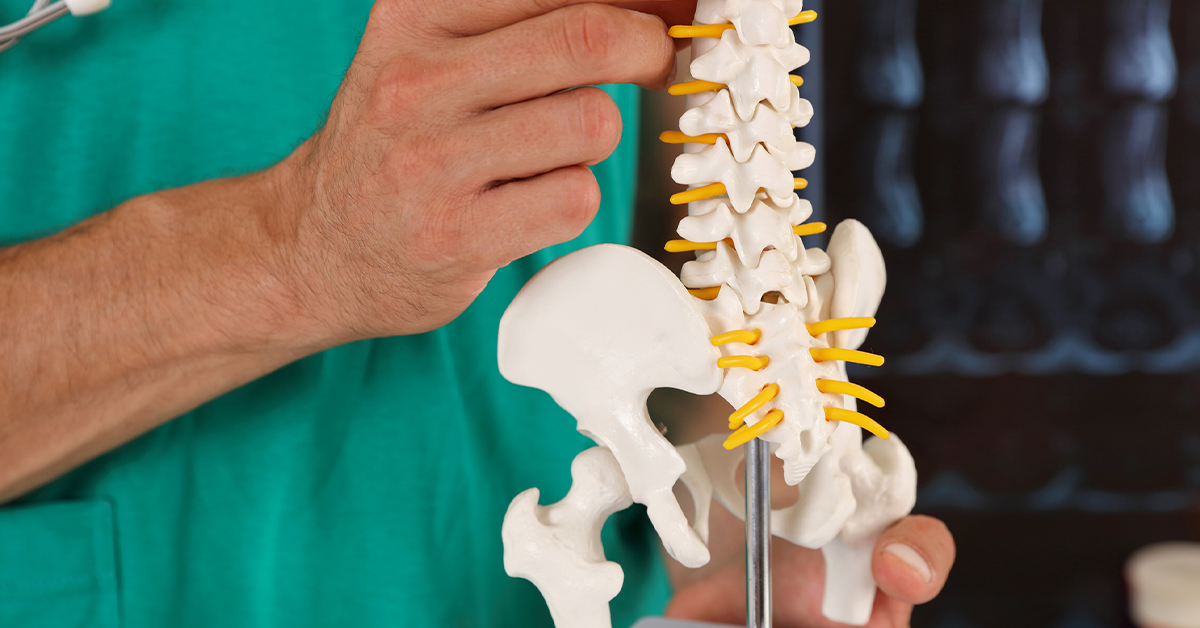
How Long Does It Take for Your Spine to Decompress?
Spinal decompression refers to the process of relieving pressure on the spinal cord or nerves. This pressure can result from conditions such as herniated discs, spinal stenosis, or degenerative disc disease, and can lead to pain, numbness, or weakness in the back, neck, or limbs. The time it takes for the spine to decompress depends on several factors, including the type of treatment used, the severity of the condition, and the individual’s overall health.
Non-Surgical Decompression
For many people, spinal decompression can be achieved through non-surgical methods. These treatments aim to gently stretch the spine, creating space between the vertebrae and relieving pressure on the nerves. Non-surgical decompression techniques include:
- Chiropractic care: Spinal adjustments performed by a chiropractor can help realign the spine and alleviate pressure on the nerves. Many patients experience relief after just a few sessions, but full decompression may require multiple visits over several weeks.
- Physical therapy: Targeted exercises and stretches can improve flexibility, strengthen the muscles supporting the spine, and help relieve pressure on the nerves. Physical therapy usually takes several weeks or months, depending on the severity of the condition and the patient’s progress.
- Decompression therapy: This is a specialized form of traction therapy that involves using a table or device to gently stretch the spine. Sessions typically last 30 to 45 minutes and are often scheduled two to three times a week for several weeks. Patients usually start feeling relief after a few sessions, but full decompression may take several weeks.
Surgical Decompression
In more severe cases, spinal decompression surgery may be necessary. Surgery is often recommended when conservative treatments haven’t provided enough relief or when nerve compression is causing significant pain or neurological symptoms. The most common types of surgical decompression procedures include laminectomy, discectomy, and foraminotomy. Recovery time from these surgeries varies depending on the complexity of the procedure and the patient’s overall health.
- Immediate post-surgery: After the surgery, patients may experience some relief from nerve pain right away, but full decompression and recovery take time. Most patients spend a short period in the hospital to monitor their progress, and the initial recovery phase lasts a few weeks.
- Long-term recovery: Full recovery from spinal decompression surgery can take several months. During this time, patients will likely participate in physical therapy to regain strength, mobility, and flexibility. The long-term outcome depends on how well the body heals and how closely the patient follows post-surgical care instructions.
Factors Affecting Decompression Time
Several factors influence how long it takes for the spine to decompress and for symptoms to improve:
- Severity of the condition: Patients with severe nerve compression or long-standing conditions may take longer to experience relief compared to those with milder cases.
- Age and overall health: Younger, healthier individuals may recover more quickly from spinal decompression, whether through non-surgical methods or surgery.
- Lifestyle choices: Maintaining a healthy lifestyle, including regular exercise, proper posture, and a balanced diet, can support the decompression process and promote healing.
- Consistency of treatment: Whether you’re undergoing chiropractic adjustments, physical therapy, or surgical recovery, consistency is key. Following your healthcare provider’s recommendations will help speed up the decompression process.
The time it takes for your spine to decompress varies widely depending on the type of treatment and the individual’s specific condition. Non-surgical methods like chiropractic care, physical therapy, and decompression therapy may take several weeks to show significant improvement. For those undergoing spinal decompression surgery, the initial recovery period lasts a few weeks, while full recovery can take several months. Ultimately, factors such as the severity of the condition, overall health, and adherence to treatment play a crucial role in how quickly the spine decompresses and symptoms improve. If you’re experiencing persistent back pain or neurological symptoms, consulting with a healthcare provider can help determine the best course of action for your decompression needs.
